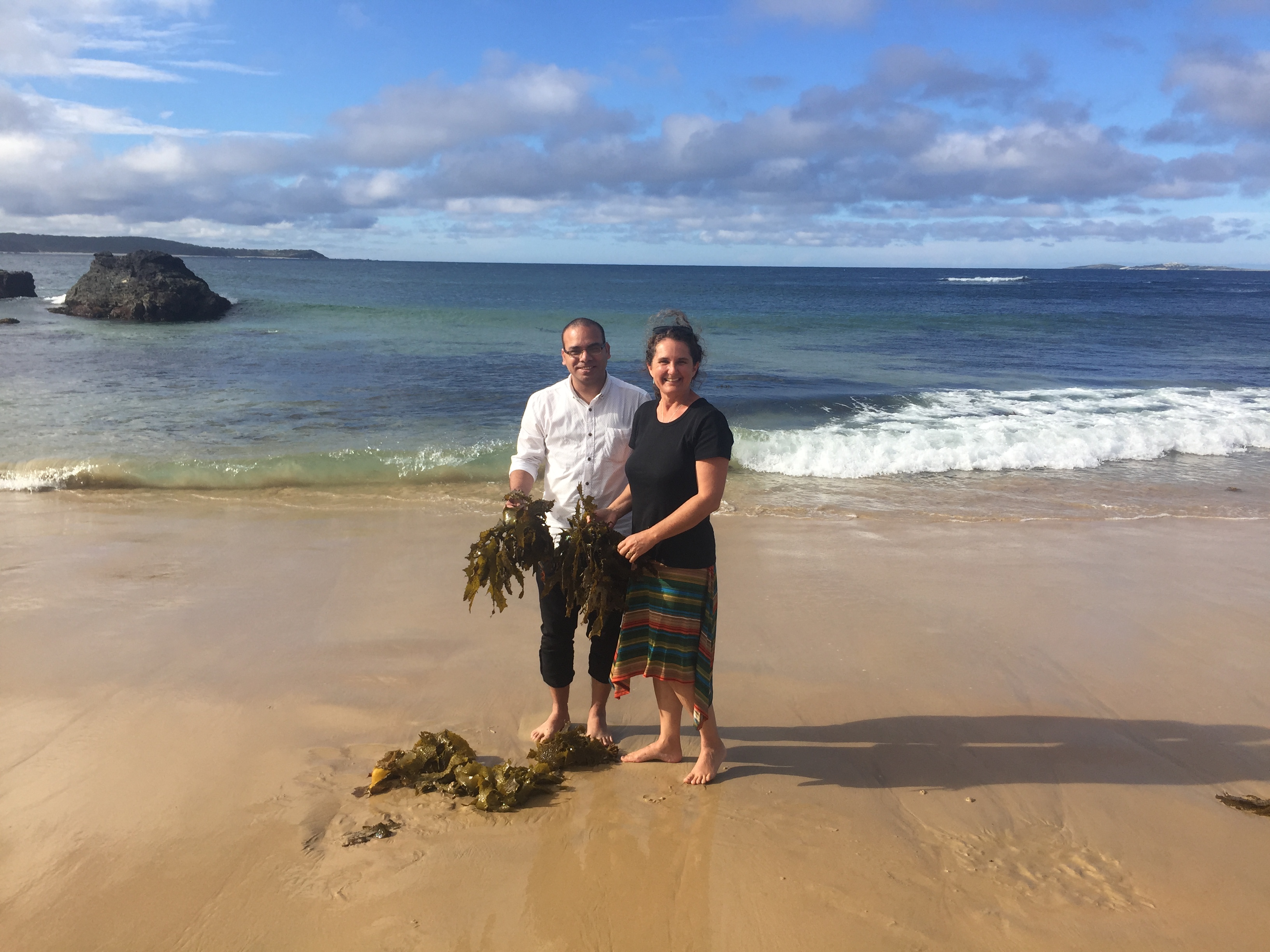Following the successful launch of Green Light, the world’s first algae biotech accelerator program in September 2018, applications for Round 2 are now open for NSW based small to medium sized enterprises (SMEs) and startups.
The Green Light accelerator program is part of a partnership between the University of Technology Sydney (UTS) and the NSW Government’s Boosting Business Innovation Program that helped establish the ‘Deep Green Biotech Hub’ (DGBH) at UTS in 2016.
Successful applicants for the five month Green Light accelerator program will have access to seed funding of up to $20,000, research expertise and mentoring, masterclasses and networking opportunities to support research and development into algae-based products and services.
Deputy Premier and Minister for Industry and Trade John Barilaro said through the ‘Boost’ program the NSW Government has provided $18 million to the state’s 11 universities and the CSIRO to work with businesses to create great new ideas and products.
“The Boost program is about entrepreneurs tapping into the top-notch research provided by our university sector,” Mr Barilaro said.
“As a government we want to do everything we can to create the right environment for people to launch a startup and grow their business and get the support they need to succeed.
“There is strong potential for algae science to be a major new resource for developing products and services that can have an impact across a range of industries including medicine, food, and agriculture.”
Deep Green Biotech Hub Manager and Green Light accelerator program leader Dr Alex Thomson said the accelerator program taps into the burgeoning biotech sector and the push to develop and support businesses based on sustainable products and principles.
“UTS has exceptional algae biotech expertise that Green Light program participants can leverage to develop a start-up or grow an existing business,” Dr Thomson said.
“Algae in its many forms provides almost unlimited opportunities for new products and services, especially in the food and beverage and agricultural sectors.
“Algae isn’t just microalgae and the Green Light program isn’t just about entrepreneurs and start-ups. Many SMEs are well placed to take advantage of what the program has to offer.
“The first round of Green Light saw both NSW SMEs and startups working on developing innovative microalgae and macroalgae products. It just goes to show how enormous the opportunities in this space are.”
Sea Health Products, based at Tilba on the NSW South Coast, is Australia’s first kelp business and was one of three successful teams accepted for Round 1 of the Green Light accelerator program.
Kelp is a macroalgae and Sea Health Products, which prides itself on a sustainable low-carbon footprint model, harvests Golden Kelp (Ecklonia radiata).
Sea Health Products selects and collects Golden Kelp by hand from the beach and converts the seaweed into a range of kelp based health products and foods.
Now nearing the end of its intensive five month journey with the Green Light accelerator program, business owner Jo Lane said that “the project has really been a wonderful experience”.
“We have gained a lot from being involved,” Ms Lane said.
“I was really attracted to the program because it is totally focused on algae and helping algae business, which we are.
“I was also attracted by the scientific backing and mentorship expertise of the DGBH and UTS Climate Change Cluster.
“The mentorship meetings and a site visit were invaluable and allowed us to understand the process and all the stages involved. The staff have been so supportive, generous with their knowledge and information and genuinely interested in our success. It has been a great collaboration.
“The seed funding we received through the Green Light program has also helped bring our ideas to life and allowed us to purchase equipment such as chillers, pumps and filters for the aquarium set up phase. Having the right equipment makes it easier to get the right results.
“We are now working on optimising growth conditions for Ecklonia radiata with a view to establishing the first kelp farm in NSW, and are having some breeding success.
“We are now so much further along the track of achieving our greater goal of kelp farming. It has been an amazing opportunity.
“For SMEs and start-ups applying for Round 2 of the Green Light accelerator program my advice is to really focus on what you want to achieve as having clear objectives and outcomes really helps to guide the project. DGBH was really helpful and supportive with this part of the process,” Ms Lane said.
For more information about the Green Light accelerator program and to apply for Round 2 before the closing date in May visit https://deepgreenhub.uts.edu.au/greenlight/
Source: The University of Technology Sydney (UTS),




















Trending
Daily startup news and insights, delivered to your inbox.